|
In June of 2022, we took our granddaughter, Cate, on a cruise to Mexico to celebrate the end of school. On our port stop in Cozumel, we all went on a shore excursion that centered around Mayan culture. Among other things, it included a re-creation of the Mayan ball game, Pok-Ta-Pok. I shot several videos of the game, which are posted on our YouTube Channel. Much to my surprise, a year later I was contacted by a Korean TV show, Talkpawon 25hrs, asking my permission to use the Pok-Ta-Pok video in their show. I said sure, just give credit to North Palm Beach Life. I didn't think too much more about it until recently, when I checked our usage stats on YouTube. For context, most of the 500-plus videos posted there get views in the dozens, some in the hundreds, and on occasion, the thousands. Imagine the shock when i saw the Pok-Ta-Pok video had logged 91,847 views! More recently, I was contacted by Brian Ross, who requested use of the same video for a new series about the history and archeology of various cultures around the world. You can view the result below, along with the original Pok-Ta-Pok game video. As Brian notes in his video, we really are all connected in this universe of ours.  Today I'm going to indulge in that time-honored tradition enjoyed and practiced by grandparents since time immemorial: Brag on my granddaughter. If you look on the right side of our home page, you'll see a new addition under "Contributors" -- called "Center Stage With Cate." It's a new blog from our 11-year-old granddaughter, Catherine, or as she is known, Cate. While she is gifted with many amazing talents, her creativity and artistry do indeed take "center stage." Check out her blog and that's where you'll find her latest endeavor -- writing a book. It's the story of a farm girl and a family of cats, told in alternating chapters, the first two of which have been posted in the blog. It doesn't have a name yet, but so far, she has written 20 chapters and counting.  While we are justifiably proud of all her accomplishments, I take particular pride in her love of words and writing. Partly because that's been my own chosen profession -- journalism -- and partly because that was the path I chose at almost the same age. And even though I loved science (as does Cate, by the way), I was drawn to expressing myself through the written word. My own grandfather, who worked in the printing industry, told me I had "ink in my veins," and I think he was right. Unlike Cate, I never tackled a novel. My efforts were mostly short stories, poetry and science fiction. My handwriting was, and is, terrible, so it was the happiest day of my young life when I successfully harangued my father to get me a typewriter (at the time, computers were the stuff of science fiction). It was a used Underwood, which he found in a pawn shop. Interestingly enough, it used to belong to a reporter for our hometown paper, The Fort Worth Star-Telegram. That same paper where, some 10 years later, I would go to work as a copy editor and then, their first, full-time rock music writer. Who knew? The downside to getting a typewriter in middle school is being self-taught to type -- the "two-finger method," as it were. And once you are programmed, you can't unlearn it. But I am proud to say I can still get to 45-50 words a minute (if you don't count the typos). Whether Cate ultimately decides to pursue writing, or art, or science, or something entirely different, I'm busting my buttons. That's one of the joys of being a grandparent.  You hear it said "there's an app for everything." That's no small exaggeration. According to industry reports, there are currently close to nine million apps available worldwide, with most residing on Google Play Store (3.5 million) and the Apple App Store (1.6 million). In 2023, users downloaded almost 150 billion apps and games, a 3.9% increase over the previous year. Google Play had "113.2 billion downloads in 2023, iOS had 34.9 billion downloads." Worldwide, China recorded the most downloads, followed by India and the United States. Individually, the average American has 80 apps on their smartphone and "uses 9-10 apps per day and 30 per month." In fact, almost 85 percent of time we spend on smartphones is spent using apps. Need proof? My iPhone is happy to provide it. All I need to do is go to my Settings and choose "Screen Time." It will show me total time spent using my phone, including time spent on individual apps by day or week. It literally tracks and records every interaction I do on my device. My question is, "Do I really need to know?" Is it to shame me for spending more time on games than reading the news? Or just remind me of the hours I spend on a phone that I could have put to better use? I can't help but feel my phone is judging me. Of course, the biggest "self-help" use of apps has to be health and fitness. It's a trend that's been building for years. Check out this CNET report from several years back:  Nothing illustrates this more today than the Apple Watch. From Apple: "You can enable notifications from the Heart Rate app on your Apple Watch to alert you to high or low heart rates, as well as irregular heart rhythms that may be suggestive of atrial fibrillation (AFib). If you have already been diagnosed with AFib, you can turn on AFib History to see an estimate of how frequently your heart is in this arrhythmia. You can also turn on alerts for low cardio fitness." A benefit? To some, I'm sure. But if I had a constant readout of how my ticker's ticking, whatever the benefit would be offset by the stress of just knowing. Sometimes, ignorance truly is bliss. But wait -- not to worry, there's a app for stress, too. Again, from Apple: "Log your state of mind. In addition to offering opportunities to breathe mindfully and promote moments of reflection, the Mindfulness app can help you build emotional awareness and resilience by identifying your feelings. Just open the Mindfulness app, tap State of Mind, then log your momentary emotions and daily moods." I can imagine with all the logging and recording, you could easily lose sleep worrying if you missed or left something out. Before you ask, Apple has something for that, too: "Prioritize your sleep. With the Sleep app on Apple Watch, you can create a sleep schedule, set a sleep duration goal, and review your recent sleep history. You can even see estimates of how much time you spent in REM, Core, or Deep sleep, as well as when you might have woken up. While you sleep, Apple Watch also tracks metrics like blood oxygen, heart rate, time asleep, respiratory rate, and on Apple Watch Series 8 and Apple Watch Series 9, wrist temperature. To get started, open the Sleep app on your Apple Watch and follow the onscreen instructions. Then wear your watch to bed and Apple Watch does the rest." One can only imagine what features and functions we'll get with Apple Watch Series 20. There other examples as well, like the Bodymapp 3D body scanning app, which claims, "Body scanning has never been easier. You can measure and track your body composition and circumference measurements anywhere, anytime." No thanks -- if I want to be depressed I'll just look in the mirror. If you have a food obsession, there are apps that give you "calorie information from a food database or photo uploads of scanned food labels, which allow you to log and track your daily calorie consumption." That's a lot of work. Why not an app that auto-monitors your food intake and provides a Nutrition Report, a la Screen Time? I'm sure someone is working on that one.  Credit: Final Countdown Credit: Final Countdown Now, all of the above is well and good, but are you ready for a life expectancy app? Enter "Final Countdown," the app that predicts how long you may have to live. It provides "an estimate of your life expectancy based on official WHO data, scientific researches, your unique habits and lifestyle. The purpose of the app is to raise awareness of the time everyone is running out of. The shocking information, which is represented by a countdown clock is a powerful tool, that is capable of making the users think about their lifestyle and motivate the individuals to change it for the better. Try changing your profile settings, and see how much time there is left with different lifestyles!" Now I ask you: If something could really tell you, with accuracy, how long you have to live, would you want to know? Not me. I am very much a "carpe diem" kind of guy. Or as they say in the song, "The future's not our to see -- que sera, sera." Speaking of songs, the one app I wouldn't want to do without is Shazam, which, when activated, can "listen" to a song and give you the title and artist. It's amazing, and I'm sure Gomer Pyle would agree: We never met Bob Barker, but he always felt like family. The iconic host of TV's longest-running game show, The Price Is Right, who recently passed at age 99, was always present whenever we were filling out an application or checking in to a hotel. As soon as anyone saw our last name was Barker, the next question became predictable: "Any relation to Bob?" I already my standard comeback ready: "If so, he's not claiming us." This little dialogue exchange became a standard part of all our road trips. And when it didn't happened, we kind of missed it. If we had been related, I would have been proud. Like Bob, we are avid animal lovers. Plus he just always seemed like a nice, genuine guy -- the kind this old world needs more than ever. Rest in peace, Bob -- from your maybe, long-lost cousin.  The subject of UFOs took centerstage in our nation's capital this week at a Congressional hearing where one witness said not only does our government possess downed alien aircraft, but also has recovered the bodies of alien pilots. He also testified of a super-secret program to reverse engineer alien technology that's been going on since the 1930s. Now that's a lot to unpack. The whistleblower -- David Grusch, a former intelligence officer in the Air Force and National Geospatial Intelligence Agency for 14 years -- has credentials to make such claims. Unfortunately, he doesn't have any hard evidence that could collaborate his story. Do I want to believe him? As a longtime fan of "Ancient Aliens" and the whole UFO phenomenon, sure I do. In fact, I hope it is true, and aliens really have been visiting us for thousands of years, serving, for lack of a better term, as our "cosmic caretakers." And that brings me to my own "conspiracy theory," of sorts. Consider this: When the New York Times published those Navy videos of unexplained UAPs (Unidentified Arieal Phenonmena) interacting with our jets in 2017, it propelled UFOs into the mainstream like nothing else, giving it a new credibility at the same time. In 2021, the Pew Research Center reported: "As an unprecedented U.S. intelligence report brings new attention to the phenomenon of unidentified flying objects, about two-thirds of Americans (65%) say their best guess is that intelligent life exists on other planets." Could it be it's all part of a grand plan to "condition" the human race to the reality that other lifeforms do exist and yes, they are among us. And why now? Maybe, just maybe, the answer is two words: Climate change. If our planet really is facing a Doomsday scenario in the next 25-100 years, and we have already passed the tipping point, the time could be right for some do-gooder aliens (we hope they are) to come to our rescue. At least, that's my theory. Over 50 years ago, the brilliant Rod Sterling landed on the same idea in his "The Twilight Zone" episode, "To Serve Man." Except in that case, the outcome was decidedly darker. Take a look in this clip: Since we don't know what we don't know, it's anybody's guess what the real truth is. But if it comes down to saving the planet, let's don't rule anything out.
 Every time there's a new "Gigi in the 561" podcast, I learn something new. Such as, who knew QR codes were on the way out -- at least at restaurants. You know what I'm talking about -- those odd-looking, square, Barcode-on-steroids images that you see almost everywhere. You scan them with your smartphone camera to get more information, enter contests or trigger some other clever marketing gimmick. In the case of restaurants, it pulls up their menu in place of the traditional one you hold in your hands. QR (Quick Response) codes have been around since 1994, when a Japanese car parts company came up with the idea. They needed to keep track of their inventory, and barcodes didn't cut it. As they say, "necessity is the mother of invention." From that humble beginning, the QR exploded onto the scene. The menu QR code didn't really gain traction until COVID hit, and "touchless" took over wherever possible. But even then, it was often more trouble than it was worth. There was time spent fumbling with your phone, trying to get the right scanning angle. If you were with friends or business associates, God forbid it didn't work and you looked like a doofus. We have actually been on some cruise ships where QR was the only option -- there were no regular menus. Putting all your eggs in the technology basket -- yeah, that's a good idea. Quoting from an article in Gizmodo: “They (QR codes) are almost universally disliked,” Kristen Hawley, founder of the restaurant technology newsletter Expedite, told The New York Times, citing one reason as etiquette. Taking a phone out at a table can feel like a distraction, something people use to pass the time when they would rather be doing almost anything else, and when forced to use a phone as a menu alternative, it successfully kills the mood." It's not like people using their phones while dining isn't annoying enough already. Do we really want to provide another reason not to interact in what is supposed to be a social setting?  The Cue Cat The Cue CatJerry Whiting, CC BY-SA 3.0, via Wikimedia Commons For me, it harkens back memories of the Cue Cat, the ill-fated, proprietary, barcode reader that debuted in 2000 as the "next big thing." By using a cat-shaped scanner attached to a computer, users could scan a special code to navigate to a specific Internet URL. It drew in a bevy of investors, including my former company, Belo (owners of The Dallas Morning News). Unfortunately, it didn't work out. Installing it was clunky and time-consuming, consumers didn't see the need and there were privacy concerns as well. After a big, initial splash, it quickly flamed out in a sea of negative press. It was pretty much history by 2001, and Belo ended up writing off nearly $40 million. The idea of information shortcuts isn't a bad one. With billions of URLs out there, having instant access to the ones we want has merit. We just may have to wait until the human-computer interface is perfected. Until then, can I have a menu, please?  As lovers of cupcakes and other sweet confections, Pam and I are always on the lookout for a new place to quench our desire for sugary Nirvana. This week, we found one: Crumbl. No, that's not a typo. Crumbl, sans the "e," is a cookie store that is apparently taking the country by storm. The brainchild of two cousins, the first Crumbl opened in 2017 in Logan, Utah, and has since expanded to over 800 locations in 49 states, making it the fastest-growing cookie franchise in the United States. When we learned one of those locations was across the street from Costco on Northlake Blvd., we wasted no time making the trek there. We discover a big plus right off the bat -- they are open six days a week (closed Sunday), from 8 am to 10 pm, and open until midnight on Friday and Saturday. Now we have somewhere to go that doesn't close at 5 pm. The first thing to know about Crumbl is their store is incredibly clean, and open. You can watch the cookie makers at work, right alongside the large mixing machines that churn the dough. A big display lists the "Flavors of the Week" menu, which rotates weekly, and then the hard part starts: Making a decision. Today we can choose from Milk Chocolate Chip, Cookie Butter Ice Cream, Confetti Cake, Peanut Butter Brownie, Triple Berry Cobbler, Classic Pink Sugar, Dirt Cake, Strawberry Cake, Chocolate Milk and Semi-Sweet Chocolate. Too bad they don't offer a mini-sampler -- I need to try them all. Ultimately, Pam goes with the Semi-Sweet and I pick Cookie Butter Ice Cream. Price-wise, a single cookie is $4.48, with a 4-pack going for $14.60 and a 6-pack for $22.48. There's also the Party Box, $38.23, if you want to impress your friends. Each cookie is nicely packaged by the store's friendly attendant in a pretty pink box, which Pam says reminds her of the pink packaging used by Sprinkles cupcakes in Beverly Hills. Be advised: Not only are the cookies large, but also thick. in other words, one cookie will probably fulfill your cookie cravings. Now, about the taste. We both agree -- one of the best store-bought cookies we've ever had, comparable to the cookie we've always held in high esteem, Cheryl's, in Columbus, Ohio. Sorry, Cheryl's, but that's the way the cookie crumbls.
Besides, Northlake is a tad closer than Columbus, Ohio. If you listened to Pam's "Gigi in the 561" podcast today (and I hope you do), she talks about the "Sky Hotel," a concept envisioned to forever circle our skies and never have to land, or at least, rarely touch down.
It gave me immediate flashbacks to my growing up years when I devoured science fiction writers like Isaac Asimov, Edgar Rice Burroughs and Robert Heinlein, to name a few, as well as movies like "This Island Earth" and "Forbidden Plant." Most painted a futuristic earth where cities of glass and steel floated in the clouds, and people moved about in flying cars. The idea of a flying hotel would fit right in. Powered by nuclear energy, the Sky Hotel would circle the earth continuously, giving vacationers spectacular views of the planet and phenomena like the Northern Lights. Guests would be ferried to and from by jet planes and transported via elevators to the hotel. The dream of a hotel in the sky has been around a long time. It played a pivotal role in the late, great Stanley Kubrick's masterpiece, "2001: A Space Odyssey." Since the dawn of the Space Age, and particularly since the privatization of space travel, many of us expect a Hyatt or Hilton to be orbiting the earth any time now. While many things science fiction have become science fact, it's still much easier to create concepts than take those dreams from the drawing board to reality. And just imagine how much a stay in the Sky Hotel would cost, and that's before you add in the "resort fee" -- not to mention what the valet charge would be to park a private plane or jet. Isn't it sad how reality crushes our childhood dreams of one day living like "The Jetsons"? Chances are, we'll have to settle for the virtual reality version of hotels that fly or cities that float in the clouds. I'll ask my AI app to get busy on that. It's one of the conundrums of our Age: Literally thousands of TV shows, movies, documentaries and instructional videos streaming on every possible platform 24 hours a day, and yet we can't find anything to watch. Such was our dilemma after we came to the end of the latest Ted Lasso episode -- which is worth watching -- on Apple TV. Searching for something new, we ran across "The Big Door Prize," another Apple TV offering that has high marks on Rotten Tomatoes, which has supplanted the New York Times as the barometer of movie ratings. We hadn't gotten very far into the first episode when I got that feeling -- haven't I seen this somewhere before? The show centers around a machine called "Morpho." It asks for your social security number, and your fingerprints, then spits out a card proclaiming your life's purpose. My mind instantly returned to one of my favorite "Twilight Zone" episodes -- "Nick of Time" -- which originally aired over 60 years ago. Starring William Shatner (Shatner seemed to appear in Rod Sterling's best "Twilight Zone" episodes, like "The Nightmare at 20,000 Feet"), he and his wife are stranded by car trouble in a small Ohio town, where they run across a "Mystic Seer" fortune-telling machine at a local diner. Like the people who become mesmerized by Morpho, Shatner soon can't make a move without asking the Seer first.
While the execution is different, the basic idea is the same. For me, it just reinforces the old adage adopted from the Bible, "there's nothing new under the sun." Since our streaming, on-demand world has an insatiable appetite, that's not a good thing. Is it possible AI (Artificial Intelligence) will come to the rescue? Let's ask the Mystic Seer. |
AboutYes, I know it's spelled like "Jerry." No, I don't know why it's pronounced "Gary." Archives
May 2024
Categories |
- Home
- Cruise/Travel
- Gigi in the 561
- Blogs
- Video
-
Explore
- Snaps >
- Island Destinations
- October Odyssey >
- Pam - Traveling in Style
-
Road Trip!
>
- Road Trip! -- Tucumcari, New Mexico
- Road Trip! -- The Painted Desert
- Road Trip! - Sedona, Arizona
- Road Trip! - Sedona Wineries
- Road Trip! Tonto Natural Bridge State Park
- Road Trip! - Mogollon Rim
- Road Trip! - Verde Canyon Railroad
- Road Trip! - Jerome, Arizona
- Road Trip! - California
- Road Trip! - Palm Springs Celebrity Tour
- Road Trip! - Palm Springs Aerial Tramway
- Road Trip! - Festival in Palm Springs
- Road Trip! - Willcox, Arizona and Apple Annie's Orchard
- Road Trip! Willcox Wineries
- Road Trip! Chiricahua National Monument
- Road Trip! Tombstone, Arizona
- Tombstone, Part Two
- Road Trip! - Epilogue
-
Traveling With Joe
>
- Beartooth Highway
- North Cascades National Park
- A Visit to the Philippines
- Grand Canyon National Park
- Glacier National Park
- Yellowstone National Park
- Hiking in Bear Country
- Crater Lake National Park
- Albuquerque Balloon Fiesta
- The Kerrville Folk Festival
- Building Hope in the Rio Grande Valley
- Yellowstone Camping Tales
-
Unknown Yellowstone
>
- Unknown Yellowstone - Heart Lake
- Unknown Yellowstone - Summit Lake
- Unknown Yellowstone - Shoshone Lake
- Unknown Yellowstone - Grizzly Lake
- Unknown Yellowstone - Riddle Lake
- Unknown Yellowstone - Pelican Cone
- Unknown Yellowstone - Mt. Washburn
- Unknown Yellowstone - Specimen Ridge
- Unknown Yellowstone - Avalanche Peak
- Unknown Yellowstone - Divide Creek
- Contact
- Search
|
© COPYRIGHT 2024 ALL RIGHTS RESERVED.
|
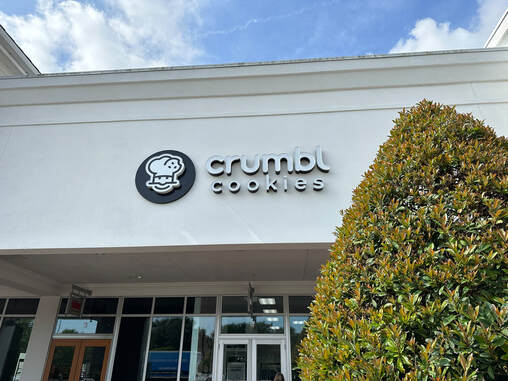
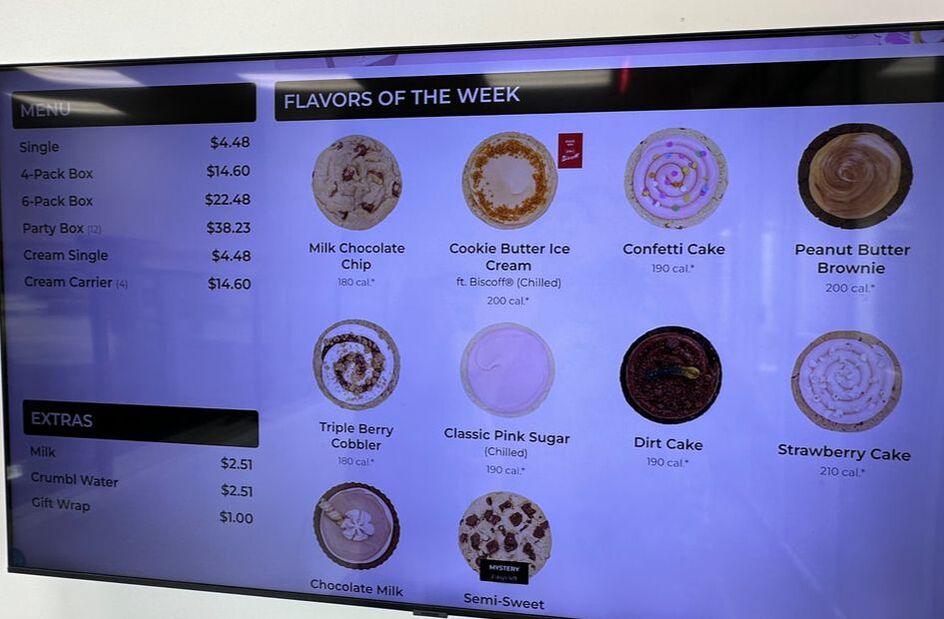
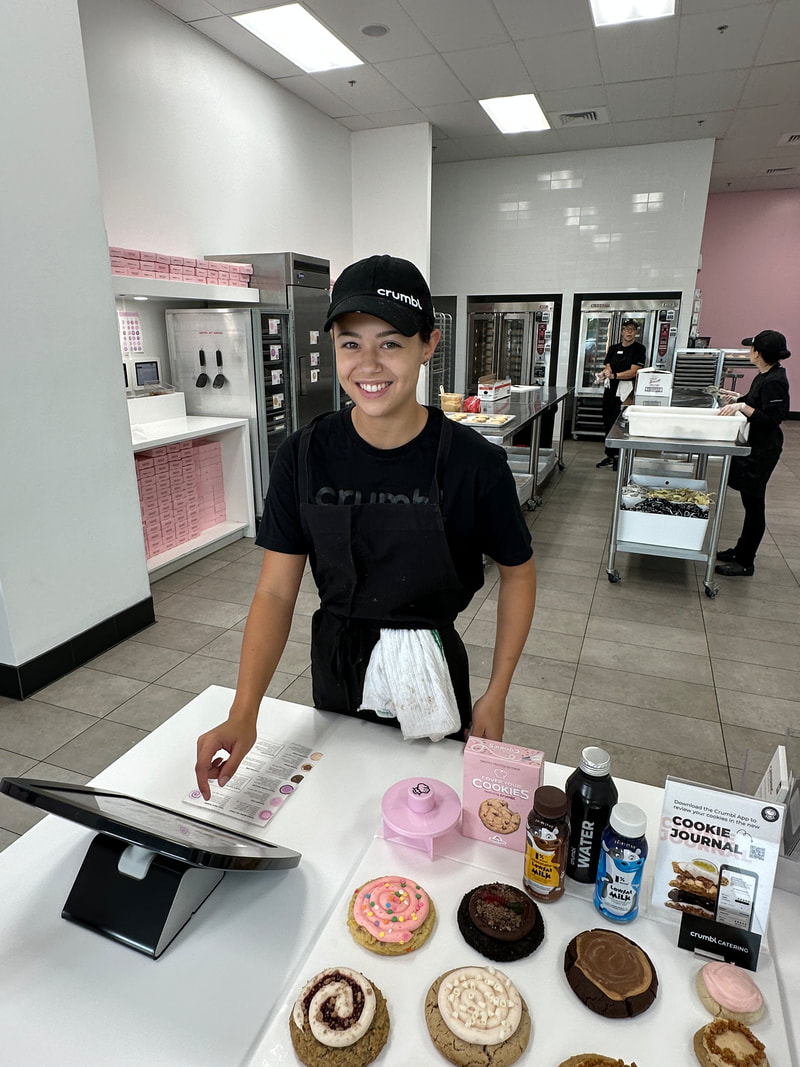
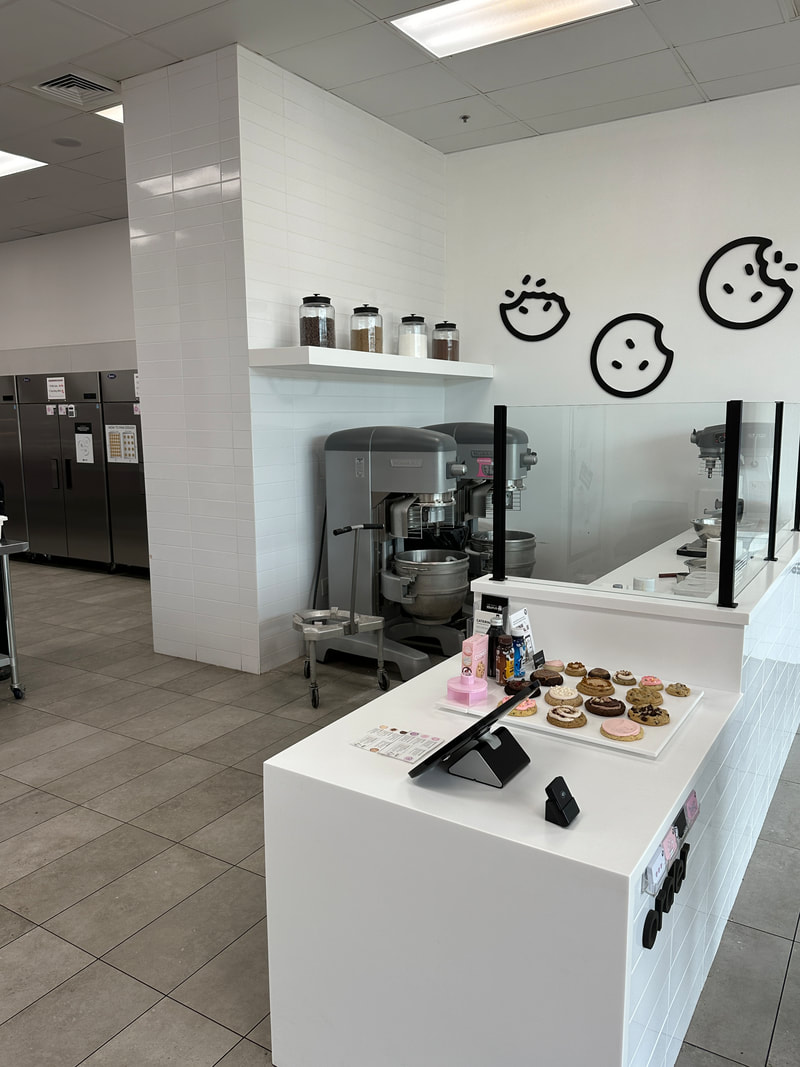
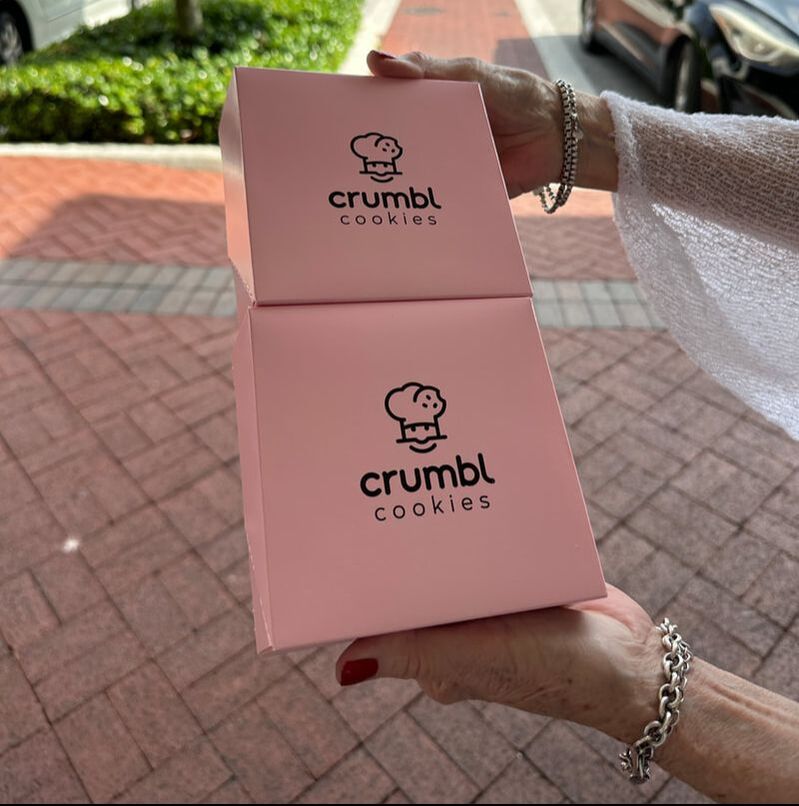


 RSS Feed
RSS Feed
